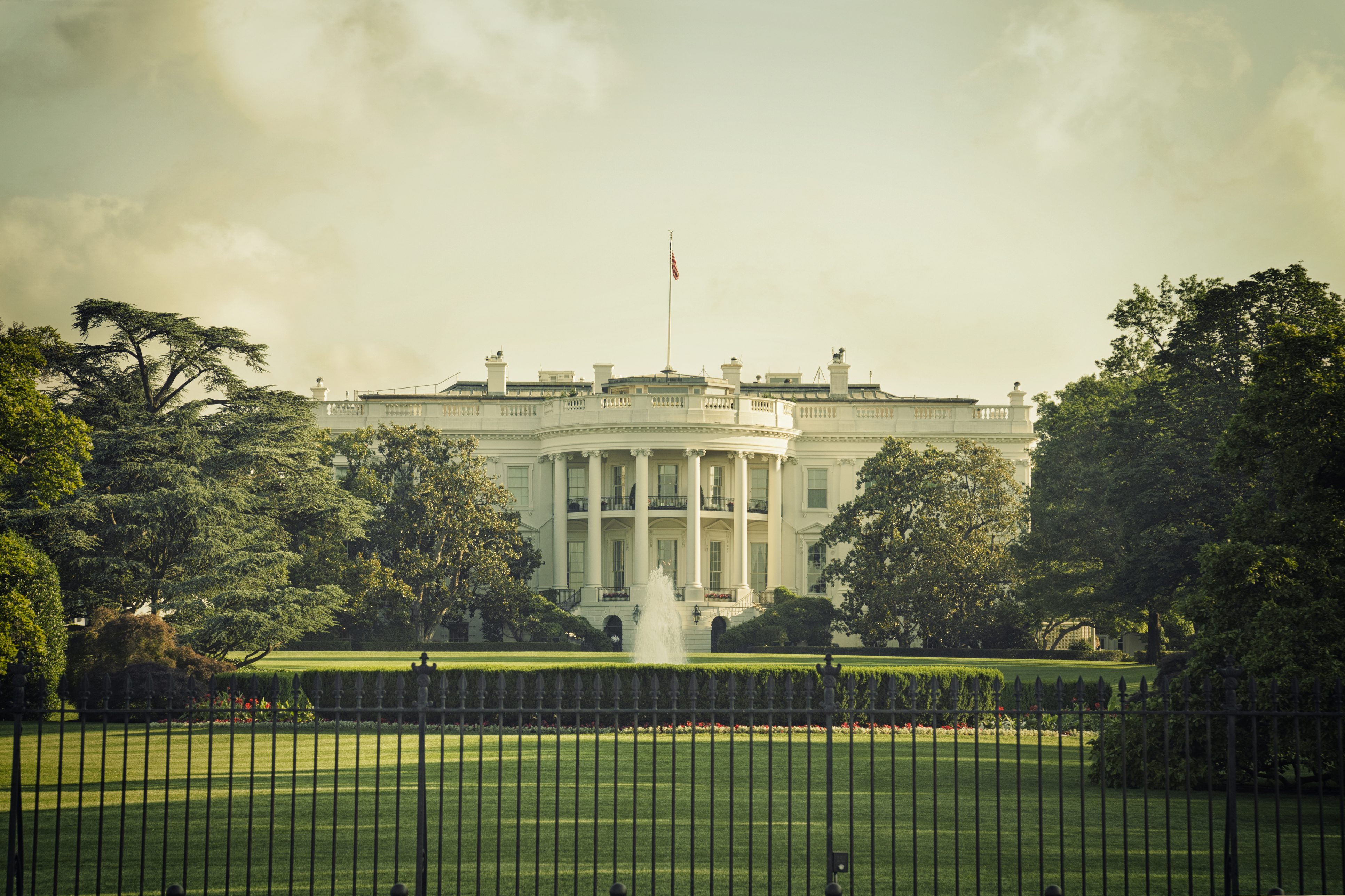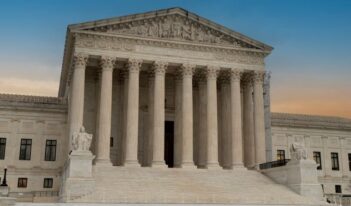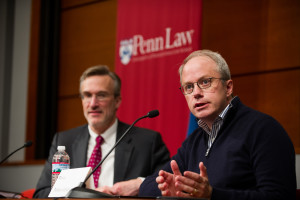
Court holds President Obama’s appointment of acting General Counsel for the NLRB was unlawful.
The U.S. Supreme Court’s holding in National Labor Relations Board v. Southwest General, Inc. makes policy control over the executive branch a little more difficult for the President, but, as usual, it shies away from dramatic substantive or remedial impact. Separation of powers decisions often have this feature: they pose implications that could require major changes to our system of government, and remedies that tread very softly indeed. I have wondered, in the past, why businesses bother to bring such challenges, given that they know they are unlikely to win much relief.
Southwest General was a statutory, rather than constitutional, separation of powers case. The problem that led to the lawsuit lies in what to do about Senate confirmable positions in the executive branch that are vacant, either because the President has not yet nominated an appointee to replace the previous one or because the Senate has failed to act on the President’s nomination.
The issue has particular resonance in the Trump Administration, given the President’s slowness in nominating candidates to fill most of the jobs in the government requiring confirmation. But the difficulties of finding a candidate that the President wants—and then getting the U.S. Senate to act on that nomination—have bedeviled many prior administrations. President Bill Clinton solved this problem in one case by placing his nominee for the U.S. Department of Justice’s Civil Rights Division in the position as an acting head, despite little enthusiasm for the nominee from the legislative branch. As the Court observed in Southwest General, President Clinton’s nominee “was brought into the Department of Justice to serve as the Acting Assistant Attorney General for the Civil Rights Division after his nomination to the position failed. He continued to serve in an acting capacity after he was renominated to the position.”
The move enraged Congress, which worried that the President was using acting appointments to circumvent the process of advice and consent. Hence the Federal Vacancies Reform Act of 1998.
That statute provided that, in the case of vacancies in Senate confirmable offices, the first assistant to that office “shall perform” the office’s “functions and duties temporarily in an acting capacity.” The statute also provided that the President could choose someone already confirmed to another office or a senior employee in the relevant agency to serve in an acting capacity instead of the first assistant.
Crucially, however, it prohibited anyone nominated to serve in a vacant Senate confirmable office from serving in that office in an acting capacity while the nomination was pending.
The question presented by Southwest General was whether this prohibition applied only to first assistants, or to each of the three categories of officials eligible for acting service in the statute. The matter came up because the acting General Counsel of the National Labor Relations Board (NLRB) for two years had been selected from the ranks of senior employees in the Board, rather than the first assistant to the General Counsel. During that period, President Barack Obama nominated the acting General Counsel to be confirmed by the Senate, but allowed him to continue to serve in the General Counsel’s capacity.
The Court used the text of the statute and some routine principles of statutory interpretation, including reference to dictionaries and logic, as well as a maxim or two, to conclude, quite reasonably in my view, that all three kinds of officials were covered by the prohibition.
The ruling means that the President cannot nominate an acting officer to become the Senate-confirmed officer without removing the acting officer from their job. It is not a huge constraint, but the executive branch has tried to interpret the powers of the President to appoint acting officials broadly. A long-standing memorandum from the Office of Legal Counsel and guidance from the U.S. Government Accountability Office would have applied the prohibition on nominated officials serving as acting officials only to first assistants—this guidance was overturned by the Court’s ruling.
Justice Clarence Thomas, writing alone in concurrence, would have made things even more difficult for the President. In his view, any acting official is exercising the power of “Officers of the United States” without going through the requirements imposed by the Appointments Clause of the Constitution. He would not permit such executive officers to exist—which presumably means that the vacancies could not be filled by anyone, empowering the civil service subordinates below the office to make policy decisions while waiting for a Senate confirmation.
The General Counsel of the NLRB is responsible for initiating all enforcement proceedings by the agency. An acting General Counsel who illegally served for the better part of two years would seem to bring a host of enforcement actions into question. But these sorts of separation of powers disputes usually amount to remedies that achieve much less than meet the eye, and that was the case in Southwest General.
The lower court decision affirmed by the Supreme Court held that the illegal acting appointment meant that the actions authorized by the office were voidable rather than void, and could be confirmed by a legitimately appointed General Counsel. Moreover, litigants who failed to raise the rather obscure vacancy argument were, the Court suggested, unlikely to be able to raise it unless they had made it in the below court. The Supreme Court left those findings undisturbed, allowing it to put a real constraint on the President’s flexibility to use acting officials to serve in positions in the uncommon case where their nominations are pending. But it did not undo two years of enforcement work in the NLRB. Southwest General itself won some relief from the Court’s decision, but Southwest General will not undo two years of enforcement of the labor laws, and one suspects that that is the way the Court would like it.
This essay is part of an eight-part series, entitled The Supreme Court’s 2016–2017 Regulatory Term.




